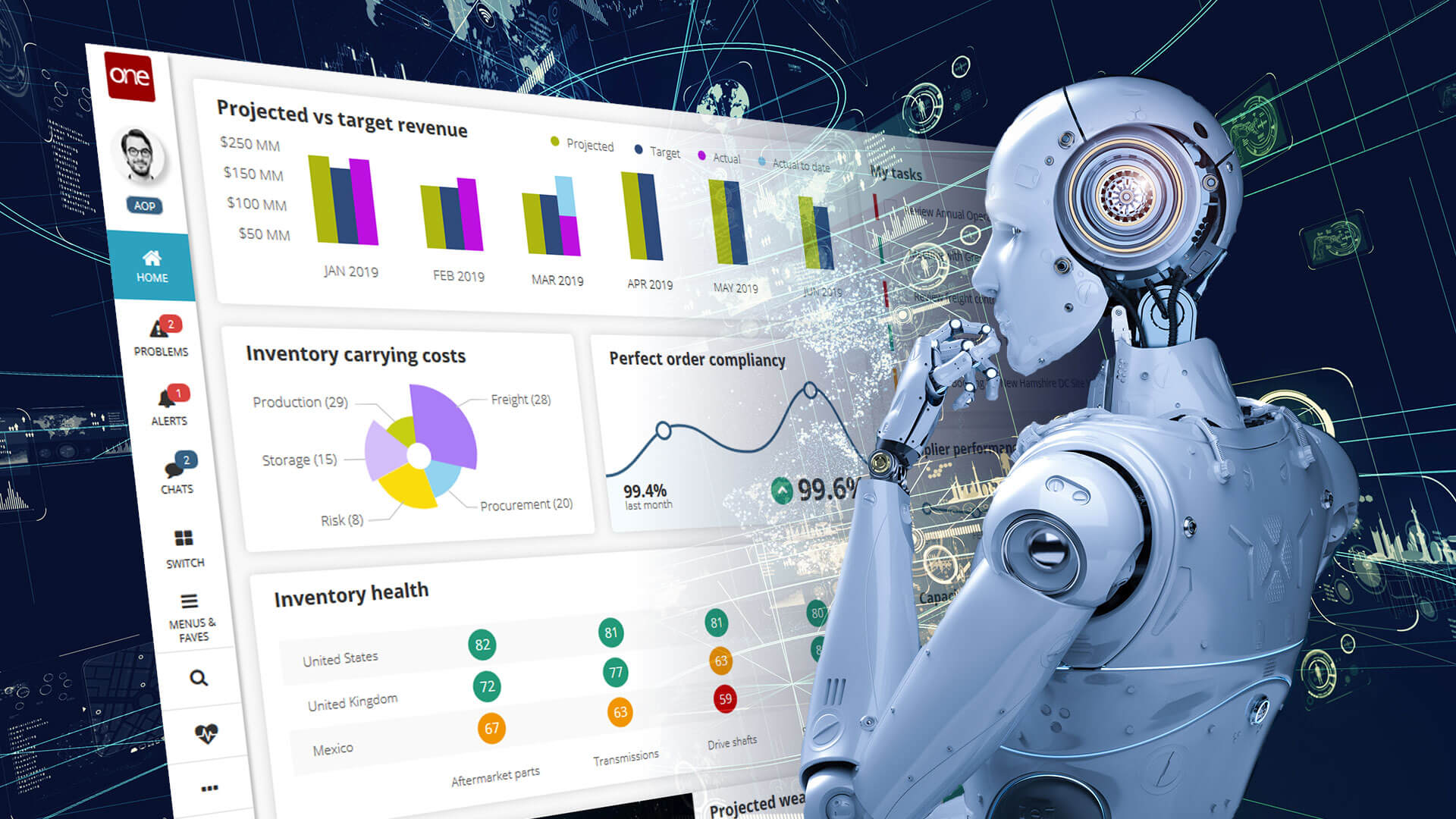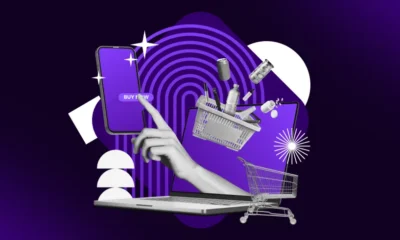Increasing Traceability and Visibility
Businesses can use blockchain to track a product’s history from its point of origin to its present location. A secure record of every transaction involving a product is created, providing a complete history from production through a sale.
Supply chain networks can be limited to one-up/one-down visibility. Blockchain supply chain solutions allow authorized parties better visibility across all supply chain activities, owing to distributed ledger technology, which offers a shared, single version of the truth.
Reducing Costs
The expense of moving goods can be minimized since blockchain enables real-time tracking of a product across the supply chain without the use of intermediaries. By eliminating these intermediaries, unnecessary costs, frauds, as well as the possibility of product duplication, can be reduced. Payments can be made directly amongst the parties of the supply chain using cryptocurrency, as opposed to relying on financial intermediaries like banks.
By integrating with and enhancing electronic data interchange (EDI) systems, blockchain technology could potentially assist various businesses in making enormous savings and minimizing inefficiencies. This will prove to be an incremental step in the supply chain once business partners begin exchanging papers digitally instead of using paper-based processes.
Helping Build Trust
For a product to stay credible and authentic, parties engaged in the supply chain must have mutual trust. Each stakeholder may access any old or new record, thanks to the timestamped data retained consistently in a blockchain-based supply chain solution, which enhances trust in the system.
Offering Reliability
A shared blockchain ledger provides a reliable and impermeable audit record of the transfer of information, stock, and revenue within a supply chain. Using a shared blockchain, businesses may synchronize logistical data, track shipments, and automate transactions. While doing so, they can transmit only the most relevant data without significantly altering their existing systems. Also, businesses can locate the source of fraud wherever it occurs with the help of comprehensive records.
For any business to succeed, innovation should be a forever on-going process. Integrating cutting-edge technologies in your organization is bound to give you an upper hand over your competitors. Utilization of technologies like blockchain and NFTs in supply chain management is expected to bring a revolution in the logistics industry like never before and its adoption at the earliest is what can take your supply chain business to another level.






























You must be logged in to post a comment Login